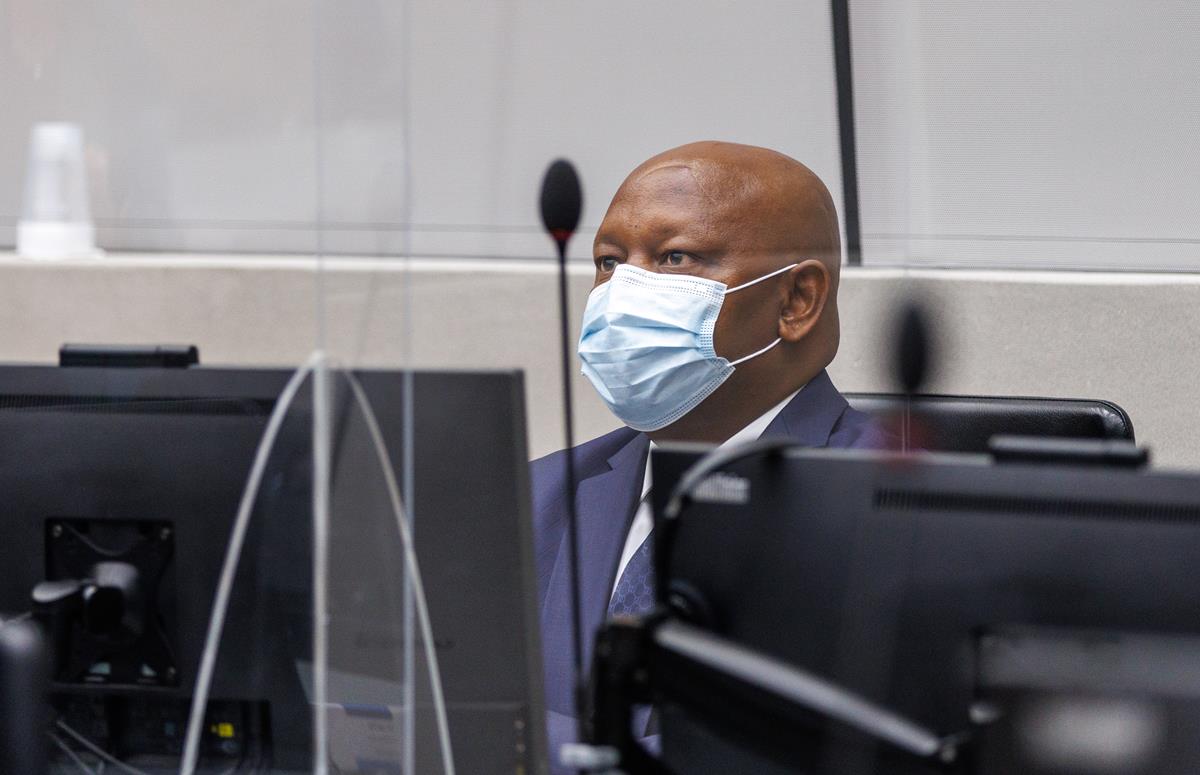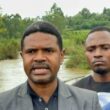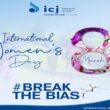By Susan Kendi
The trial against Kenyan lawyer, Paul Gicheru will kick off tomorrow, February 14, 2022, before the International Criminal Court in the Hague, Netherlands.
Presiding Judge Miatta Maria Samba acting as Single Judge for Trial Chamber III scheduled the date following a status conference that was held on September 24, 2021.
The trial will open with the reading of charges against Gicheru and Judge Miatta will confirmed whether he understood the charges against him in order to plead guilty or not guilty to the charges.
The prosecution will begin presenting their opening statements tomorrow and the Court will also listen to the first prosecution witness.
Gicheru’s defence will not present statement at the opening of the proceedings.
In the Defence brief filed on December 17, 2021, Paul Gicheru through his lawyer, Michael G. Karnavas requested that when the trial begins: each piece of evidence be assessed individually and holistically, uncorroborated evidence be rejected; hearsay evidence should not be used to prove allegations to the beyond reasonable doubt standard unless corroborated by other reliable evidence and if the Trial Chamber has doubts about a witness’s credibility, the evidence should be relied if support by another reliable evidence ( https://www.icc-cpi.int/CourtRecords/CR2021_11710.PDF ).
Ahead of tomorrow’s trial, the prosecution has filed the list of witnesses and items to submit as evidence during trial. The list of witnesses entails: the pseudonym and identity; any relationship they might have to other witnesses or relevant persons in this case; summary of anticipated testimony; the order of calling; estimated length of questioning by the Prosecution and anticipated in-court protective measures if any.
According to the court records, there is no participation of victims in the case as it involves offenses against the administration of justice.
Two weeks ago, the Court granted the prosecution’s request in variation of the deadline (17 January) after the witness confirmed their willingness to testify but later broke off contact eight days later ( https://www.icc-cpi.int/CourtRecords/CR2022_00707.PDF ) .
“Upon the facts presented by the Prosecution, the Chamber finds that the reasons for which the Prosecution seeks to file a request to summon the Witness only at this point in time are clearly outside of its control. It was not foreseeable to the Prosecution that the Witness would break off any contact with the Court after the 17 January Deadline. Indeed, as long as the Witness was still in communication with the Court and expressing his willingness to cooperate voluntarily, there was no need for the Prosecution to contemplate summoning him,” said Judge Miatta in the decision.
On February 1, 2021, the Court released Gicheru with restrictive conditions on his liberty. The Single Judge, Reine Adélaïde Sophie Alapini-Gansou, held Gicheru’s voluntary surrender in his favour, adding that the prosecutor does not oppose his request for interim release.
Gicheru surrendered himself to the Dutch authorities on November 2, 2020, five years after the ICC issued an arrest warrant against him and his co-suspect, Philip Kipkoech Bett. The arrest warrant was issued in March 2015.







